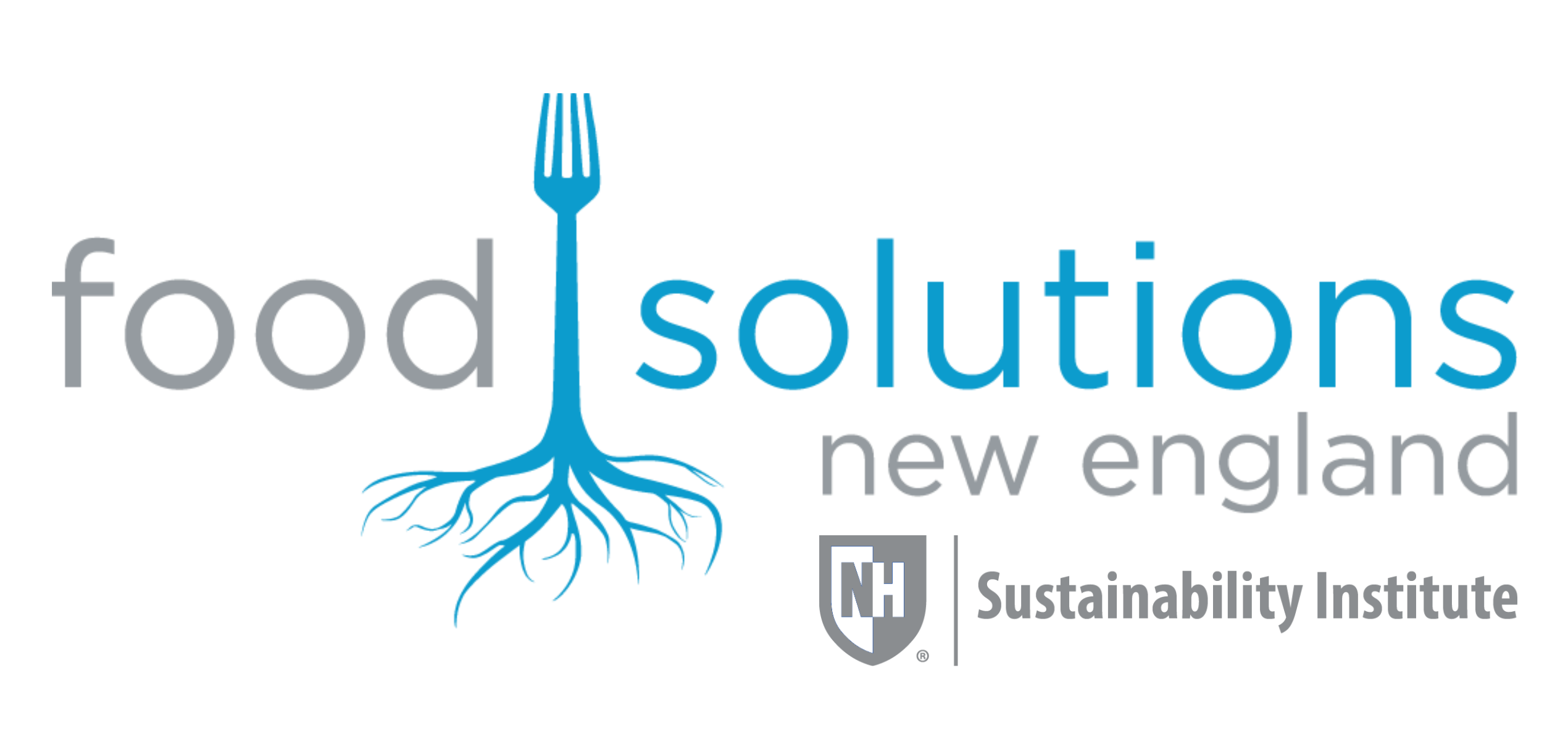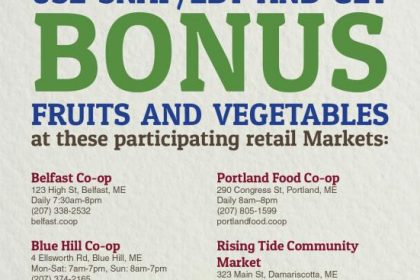
The goals of getting food to those in need and operating a viable business could easily be at odds.
Fortunately, this doesn’t have to be the case. Here at Maine Farmland Trust, we’re finding ways to connect farmers, local food retailers, and low-income consumers—for the benefit of all.
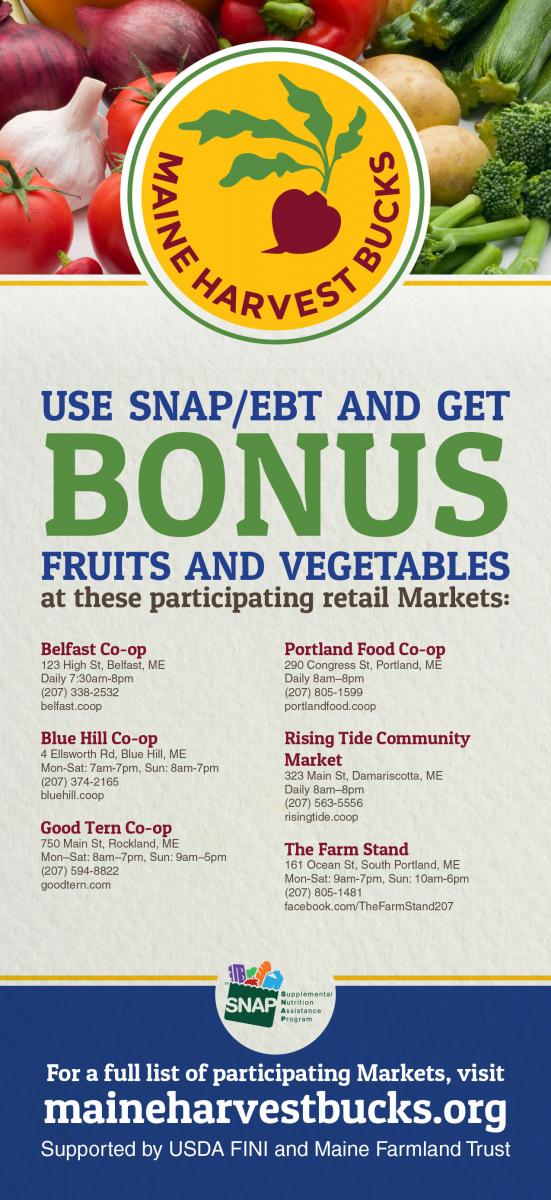
The major tool we’re applying to this effect is known as nutrition incentives. These are monetary bonuses provided to low-income shoppers specifically to purchase more healthy food.
Nutrition incentive programs began at farmers’ markets with a dual purpose to broaden the customer base for farmers and expand access to healthy, local produce for consumers. Thanks to the proven success of these pilot programs, nutrition incentives were codified and funded under the Food Insecurity Nutrition Incentive (FINI) grant in the 2014 Farm Bill, and are multiplying throughout the U.S.
In Maine, participating markets match food stamp (SNAP/EBT) dollars with a bonus, providing 5 or even 10 extra dollars for low-income shoppers to spend on local fruits and vegetables for every $10 spent with food stamps at participating markets. Organizations throughout the state are collaborating to offer incentives (now called Maine Harvest Bucks) at farmers’ markets, CSAs, urban farm stands, food hubs, and now other retailers as well.
A new venue for customers and farmers
Retail locations are often more familiar to customers who shop frequently at grocery stores. And by offering local-based incentives, we can increase sales and market opportunities for a diversity of Maine farmers who are able to sell more products to stores that are friendly to local growers.One of the major challenges of these programs is customer outreach: many low-income customers don’t know about the programs, can’t get to a farmers’ market, or don’t feel comfortable shopping in that setting. Aiming to find new methods to bridge the gap between Maine farmers and consumers, Maine Farmland Trust is implementing local-based nutrition incentive programs with retailers and farm aggregators.
We hope for a balanced approach: to meet customers where they are able and comfortable to shop, and to create new demand for Maine farm products.
For the store
Increasing demand for local products supports the retailer too, both through their bottom line and more social objectives.
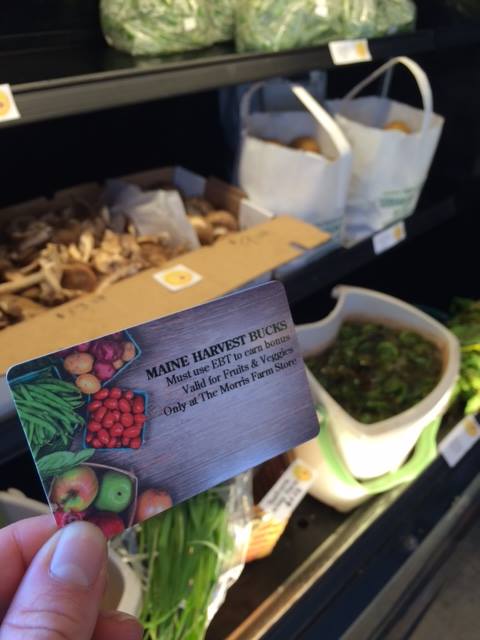
One of the goals of our program is to demonstrate that it’s a good business decision to reach out to low-income shoppers, who have collective buying power—that retailers can make more money for their stores if they operate incentive programs for low-income shoppers. As a pilot, we’re testing a variety of strategies, aiming to discover best practices and the most efficient ways to run an effective program. We’ve also been gathering a plethora of sales and customer data, and hope to have robust numbers to share by program’s end.
There’s another metric, too, arguably more important than numbers: care for community. Corporate social responsibility is a growing field of interest, as demonstrated in the increasing prevalence of B-Corporations (for-profit entities with social missions), and the importance that sales-driven organizations place on showing their commitment to social causes. Retail incentive programming is another feature in the changing landscape of companies who want to have a comprehensive positive impact in their community.
The co-op connection
Food cooperatives in particular are fitting partners for low-income incentive programs. Often considered pricier than other grocers, these markets see a real business need to reach out to new customers and exhibit their approachability. This is not just a short-term goal to increase use of incentive programming, but an aspiration to enliven their general perception, and change long-term customer behavior.
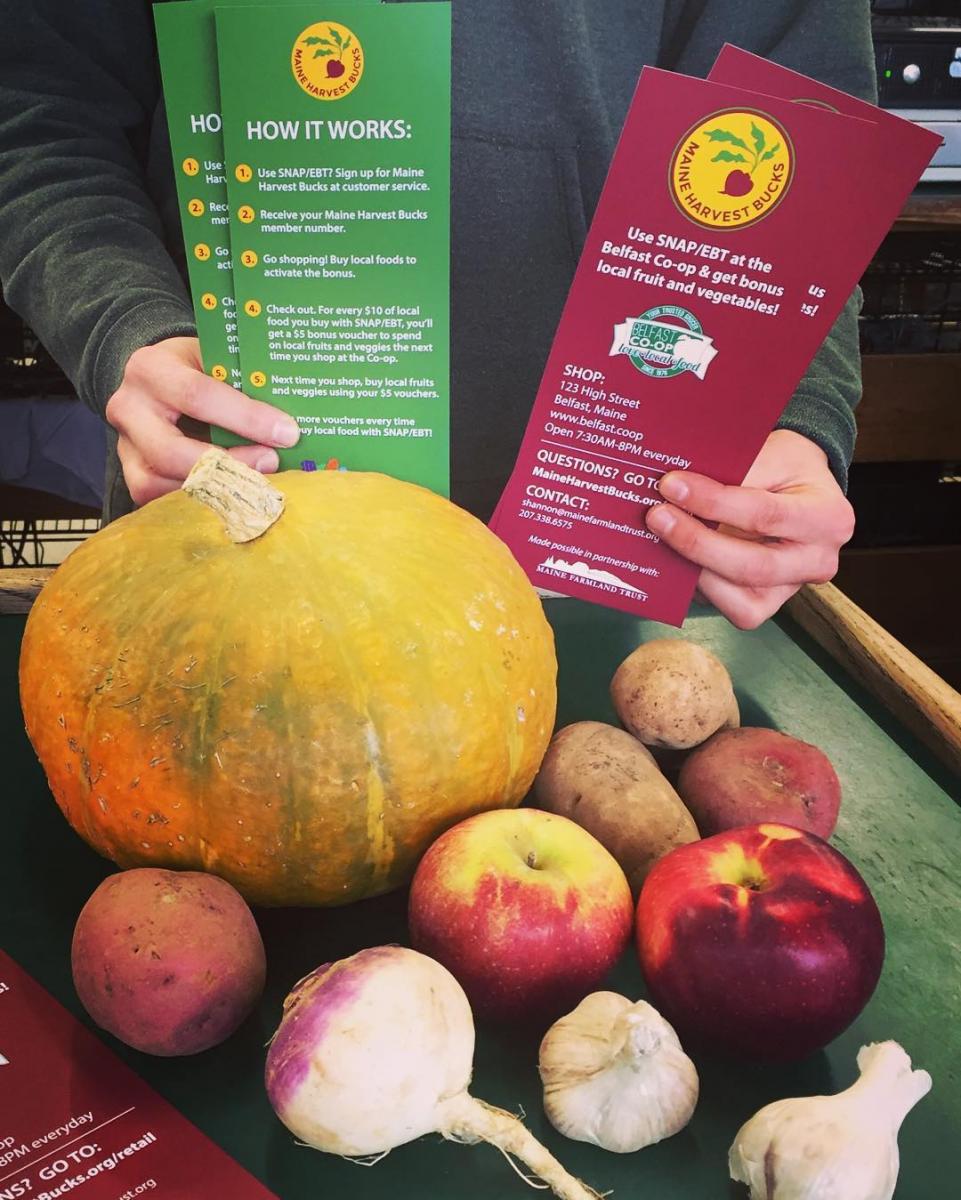
Cooperatives by nature are also principled organizations, adhering to specific values to encourage a broader mission. Principle 7 of Cooperatives is Concern for Community, encouraging sustainable development and commitment to their community. This means that they are willing to spend time and effort to help those in need.
One of our markets, the Belfast Co-op, clearly manifests this approach: “Fighting food insecurity and promoting local farmers is ingrained in our community focus. Helping this project reach throughout Maine was very meaningful for us and beautifully illustrates how a combined effort can have a huge impact.” says POS Coordinator, Heather Q Hay Brackett, who took the lead of the implementation and successful launch of the pilot incentive program for the Belfast Co-op.
Markets other than food cooperatives have exhibited these values as well, committing their resources to sourcing more local products, tracking data, and reaching out to new customers.
It’s been a powerful motivator for us to see a shared responsibility in creating a new system—a reminder that we’re all in this together.
Shannon Grimes is Farm Viability Associate at Maine Farmland Trust, where she manages the nutrition incentive programming, including coordinating the Maine Local Foods Access Network and working with a variety of organizations and markets. She also enjoys cooking and experimenting with local food, and once upon a time updated her own blog, Dancing Tree Kitchen.
Photos by Shannon Grimes.
